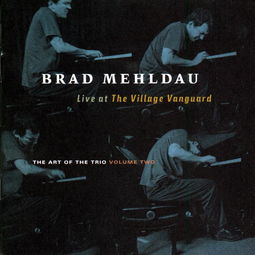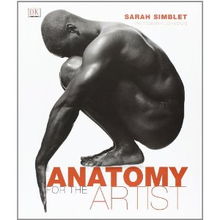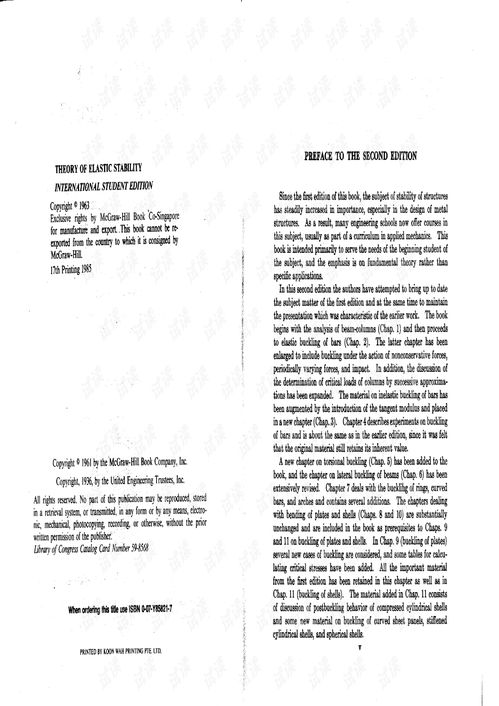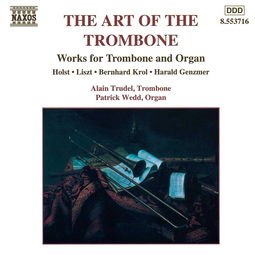Introduction:
Embarking on the exciting world of freshwater fishing can be both thrilling and daunting for new anglers. With the right set of skills and knowledge, you can turn your first fishing trip into a memorable experience. In this article, we'll delve into essential fishing techniques for beginners, complemented by informative video tutorials to help you get started. Whether you're planning to cast your line in a serene lake or a bustling river, these tips and tricks will equip you with the fundamentals to catch your first fish.
Choosing the Right Equipment:
Before you set out on your fishing adventure, it's crucial to have the right gear. Here's a quick rundown of the essential equipment you'll need:
- Rod and Reel: For beginners, a medium-action rod and a spinning reel are a great combination. They offer versatility and are suitable for a wide range of freshwater species.
- Line: Use a monofilament line with a thickness that matches the rod's rating. A line thickness of 4 to 6 pounds is generally suitable for most freshwater fishing scenarios.
- Hooks: Choose hooks that match the size of the bait you plan to use. For smaller fish, use smaller hooks, and for larger fish, opt for larger hooks.
- Bait or Lures: Live bait like worms, crickets, or minnows can be effective, but artificial lures like spinners, jigs, or crankbaits can also be fun to use and often more convenient.
Learning the Basics of Casting:
Casting is a fundamental skill that every angler must master. Here's a step-by-step guide to help you get started:

- Hold the Rod: Grip the rod with your dominant hand, placing your index finger on the reel's spool. Your other hand should be near the rod's tip.
- Backcast: Swing the rod back over your shoulder, keeping the line tight. As you reach the end of your backcast, pause for a moment to let the line straighten.
- Forward Cast: Bring the rod forward with a smooth, continuous motion, releasing the line as the rod reaches the desired angle.
- Practice: Casting can take some practice, so don't worry if it doesn't come naturally at first. The more you practice, the better you'll become.
Choosing the Right Spot:
Finding the perfect fishing spot is key to a successful fishing trip. Here are some tips to help you locate a good spot:
- Research: Before you go, research the area you plan to fish. Look for maps or guides that highlight known fishing hotspots.
- Observe: Once you arrive, take a moment to observe the water. Look for areas with structure, such as rocks, logs, or weed beds, as these can be prime spots for fish.
- Experiment: Don't be afraid to move around and try different spots. Sometimes, the best spot is right next to the one you're currently fishing.
Using Live Bait vs. Artificial Lures:
Both live bait and artificial lures have their advantages and can be effective in different situations. Here's a breakdown of each:
- Live Bait: Live bait can be more appealing to fish, as it offers a natural food source. However, it requires more preparation and can be more challenging to use.
- Artificial Lures: Artificial lures can be more convenient and can be used in a variety of conditions. They also come in a wide range of colors, sizes, and shapes, allowing you to experiment with different techniques.
Tips for Catching Your First Fish:
Here are some additional tips to help you catch your first fish:
- Patience: Fishing is a waiting game. Be patient and don't get discouraged if you don't catch a fish right away.
- Observe the Fish: Pay attention to the behavior of the fish in the water. If they're actively feeding, you're more likely to catch one.
- Adjust Your Technique: If you're not having luck, try changing your bait, lure, or technique. Sometimes, even a small adjustment can make a big difference.
Conclusion:
Fishing is a rewarding hobby that can provide hours of relaxation and enjoyment. By following these beginner-friendly tips and utilizing informative video tutorials, you'll be well on your way to becoming a skilled freshwater angler. Remember, the key to success is practice, patience, and a willingness to learn. Happy fishing!












